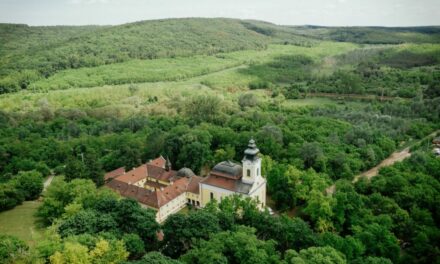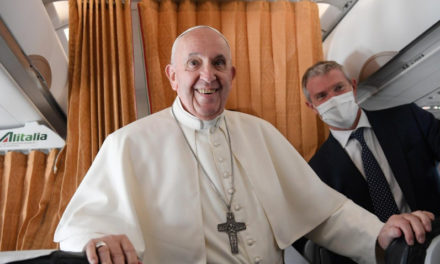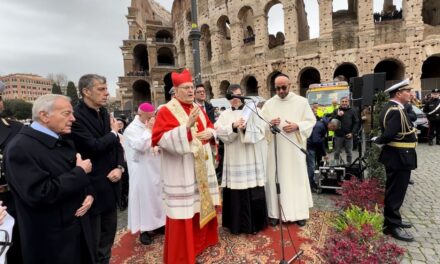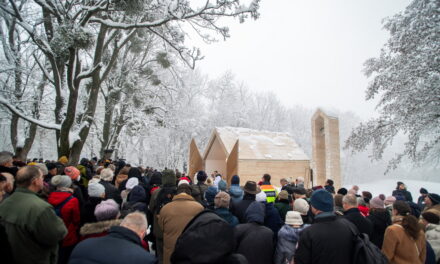Pastors are strong bastions, who must be ready twenty-four hours a day: they baptize, administer oaths, visit the sick, bury, preach, hold church services, many of them also manage institutions, that is, they must obey God and stand in their place in the church, in the family, as well as in the affairs of the world. The pastor's career is often a lonely and abrasive environment, says Tamás Végh.
The retired Reformed pastor, now in his seventy-fifth year, started small pastoral circles with his fellow pastors in the summer to help and support each other in their vocations. It is customary for the faithful to meet on various occasions outside of the weekly service: Bible class, married and new mothers' groups, youth classes, church camps. But what about pastors? When and with whom can they discuss their good and bad things? Who can they ask for help? Who listens to them with understanding attention? Pastors' small circles have had a long tradition in our church, but nowadays few people take the time for them - says Tamás Végh, who decided with his colleagues at a summer pastoral conference on the Danube that they will not let go of each other's hands even in the drift of everyday life. Pastoral revival group meetings differ from formal occasions in that they take place informally in the online space, with roughly six to eight people.
This is a gap-filling initiative. We pray together and discuss the topics that arise, since we understand each other's problems exactly. A pastor who doesn't pay attention to himself can easily become isolated, buried under the gray everyday life, work begins, and it may seem that he has to deal with his problems alone. Pastors must endure everything, conform to everything, and even be blameless before God
– at least this is how the church and the world view this profession. However, we must never forget that the pastor is also a person who lives in this world just like anyone else and struggles with the same problems.
According to Tamás Végh's experience, pastors also want to be in perfect shape in front of each other, so in order to be able to open up honestly, an atmosphere of trust is needed.
I can say that these small groups are lifesavers, because after the pastors "find" their brother in each other, they dare to tell their problems and can share important experiences with each other. Their life situation is familiar, they easily empathize with the other person's situation and can share important experiences with each other. We support each other with ideas in matters of church life and in the development of our time schedule
- lists the retired pastor.
To the question of what state the soul of the mentor pastor must be in in order to be able to show direction, Tamás Végh states: it is a huge responsibility to be a "guide", since they cannot bring anyone to faith, only the living Lord can do that.
The pastor's task is not to preach faith, but to help people to faith. There was also a period in my own life when I became very "popular", my work was liked, but suddenly I realized that Jesus was the subject of my sermons, not the subject. Faith is born from the Word, renewal through faith brings a change of rule in our lives, and this is a new program that is gradually unfolding and requires reconciliation with the living Lord until death, he adds.
Zsuzsa Fekete / reformatus.hu
Featured image: László Sebestyén













